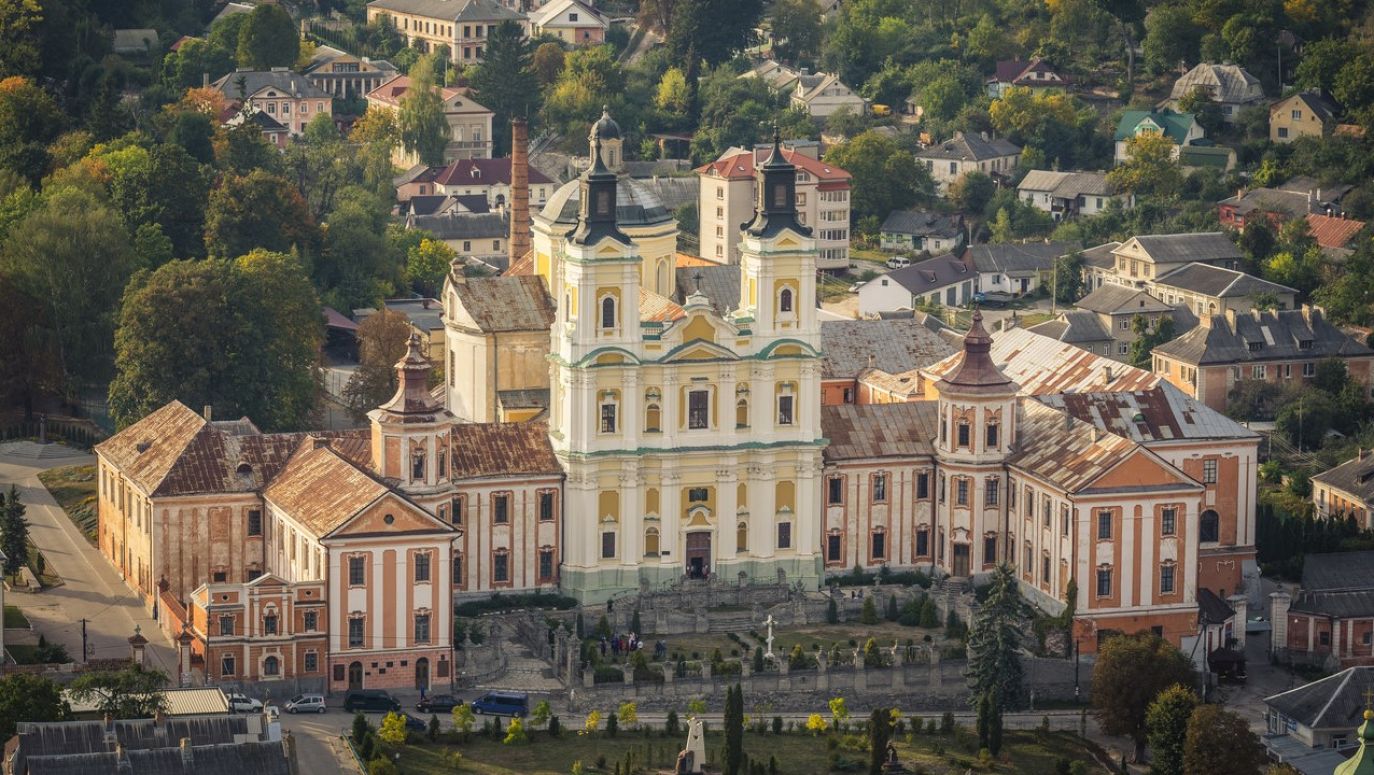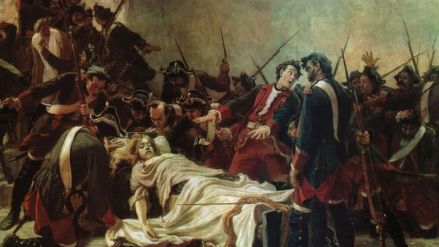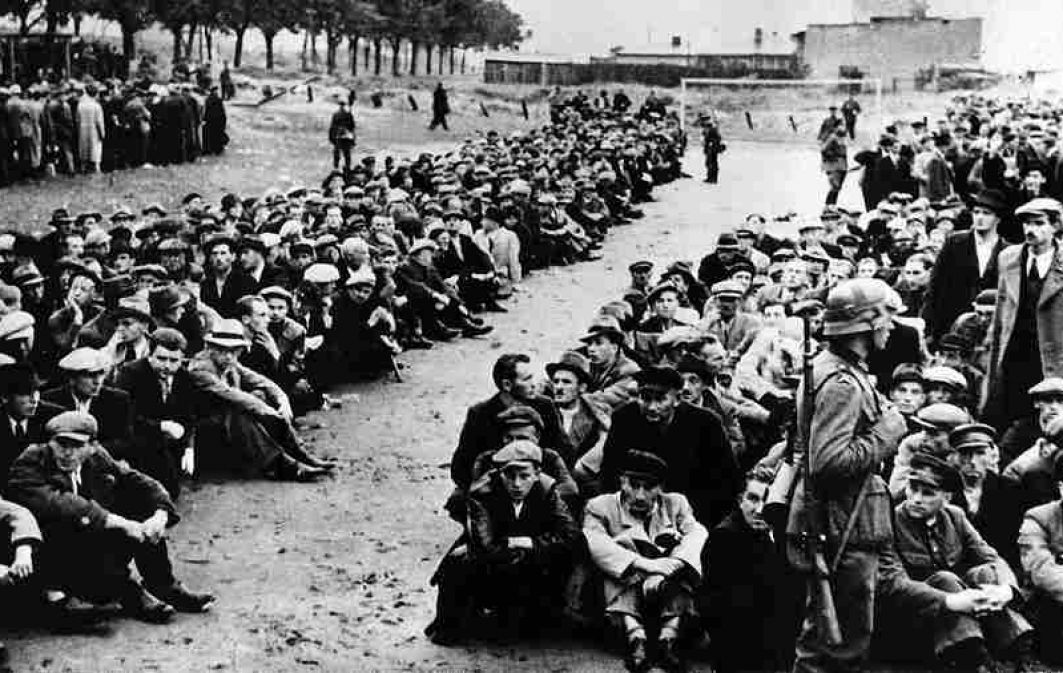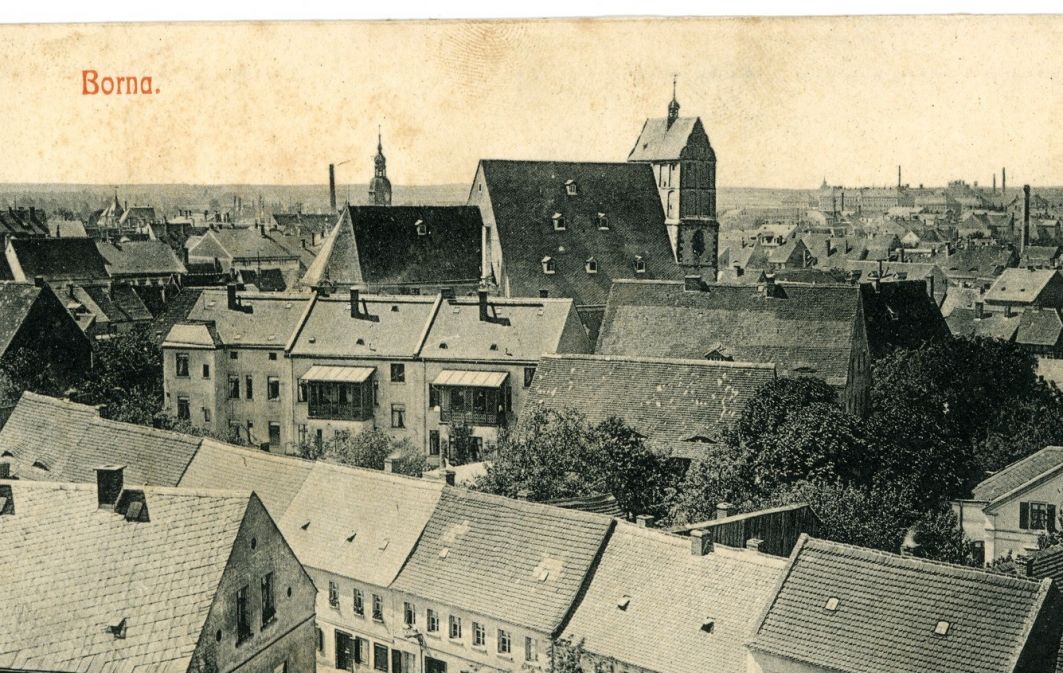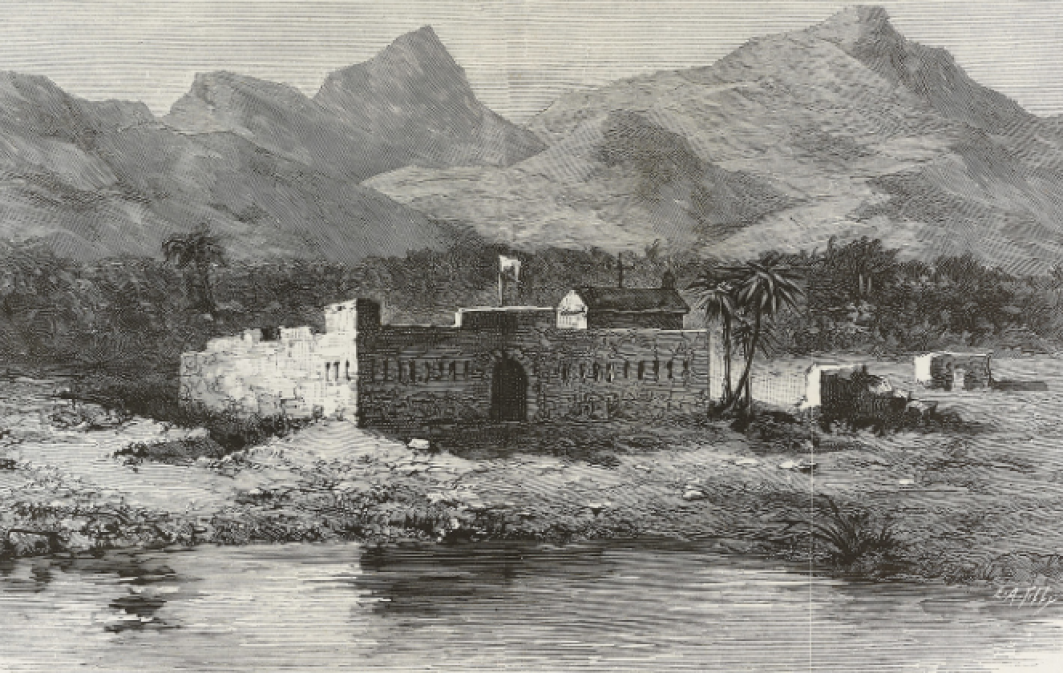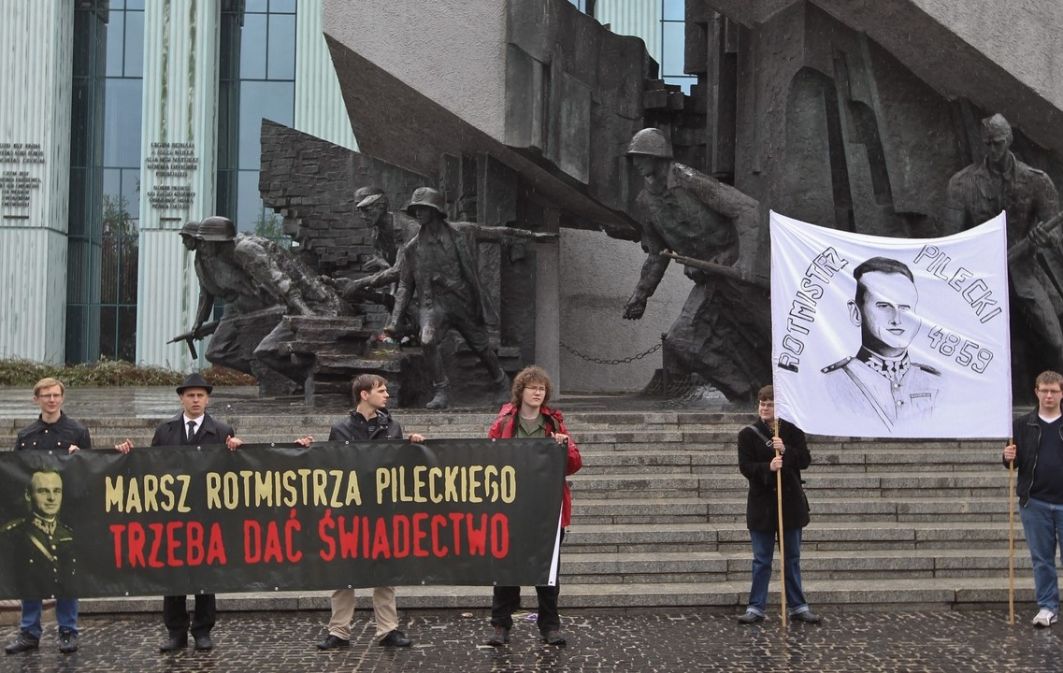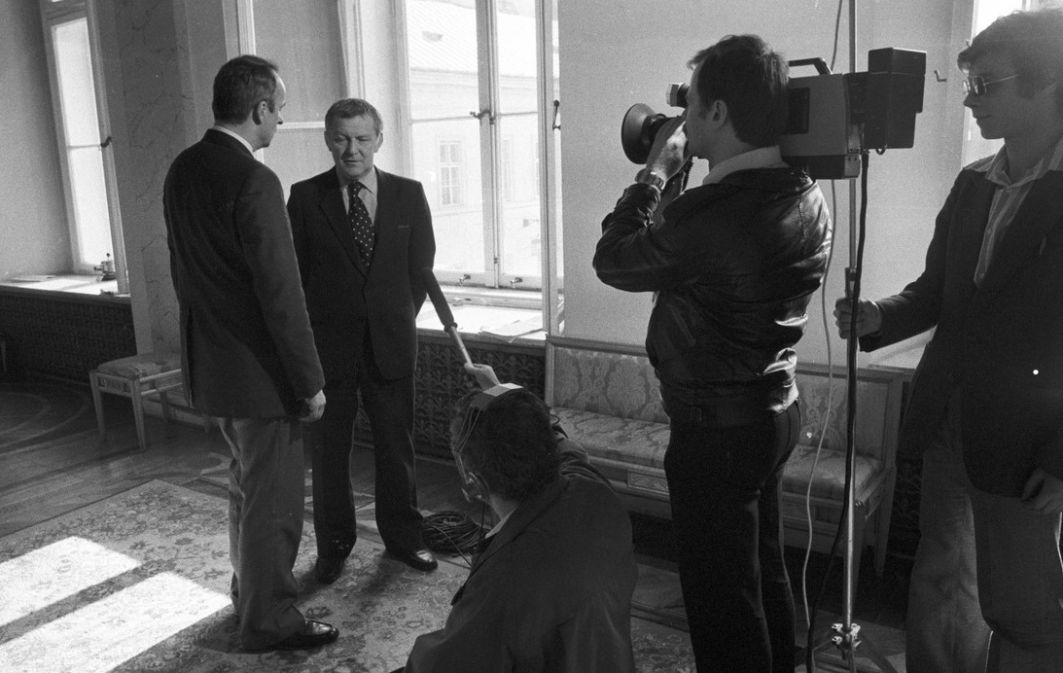The element of indefatigable, antsy building of 'substance' and indefatigable, predatory destruction, manifested more than once at the interface between the Republic and Russia, have in few places collided with such force as here.
The Krzemieniec Lyceum is present in Polish colloquial memory, such as that of crosswords and hastily taken tests, by virtue of two associations: as one of the keystones of the great educational structure created by Prince Adam Czartoryski in the lands of the Russian partition, and as the birthplace of the poet Juliusz Słowacki. His parent, the early deceased Eusebius Słowacki, taught literature and rhetoric there.
The associations are apt, but superficial. Słowacki's family left for Vilnius in 1811, and later, admittedly, Juliusz returned to the city with his widowed mother and even attended high school. In the "Hour of Thought" he also devoted several commonly quoted verses to Krzemieniec ("There the mountain rises, Bona baptised by name"). It seems, however, that he was much more fully shaped by his university studies in Vilnius.
 SIGN UP TO OUR PAGE
SIGN UP TO OUR PAGE
 Prince Protector
Prince Protector
Adam Czartoryski's role in the establishment of the school in Krzemieniec (there was a Lyceum only from 1819 onwards, before that a Gymnasium, i.e. a secondary school without the right to confer degrees) was also limited to general care and favour. As Ryszard Przybylski writes in an excellent essay on the Lyceum, to which reference will be made more than once, Prince Adam, a punctator and skilled gambler, located his ambitions elsewhere: "Education and upbringing did not fascinate the Prince's political mind too much. He felt himself first and foremost a diplomat, a statesman. He placed more important national tasks on his head".
Yes, without his patronage, the great reform of education in the Russian Empire, which was to be carried out by and through Polish educational institutions, first and foremost the University of Vilnius, would not have stood a chance. But in this project, the school in Krzemieniec (more broadly, in Volhynia; a closer location was not initially determined) was given the place of just a cog in the machine. The special role of the gymnasium and the momentum with which it was created were the work of two people in particular: Tadeusz Czacki, the inspector of educational establishments in the Volhynia, Podolia and Kiev governorates, with the major participation of Hugo Kołłątaj. The Krzemieniec project can even be seen as a correction of Czartoryski's concept: hence the fearful waiting for the grace and consent of Alexander I, hence the joy when the imperial decree was signed on 29 July 1805. "When the imperial rescript of 29 July finally arrived, and the starost of Novgorod had it printed, Kołłątaj immediately drew up a draft of how the new decree was to be distributed among the districts by the marshals by way of cursory notes".
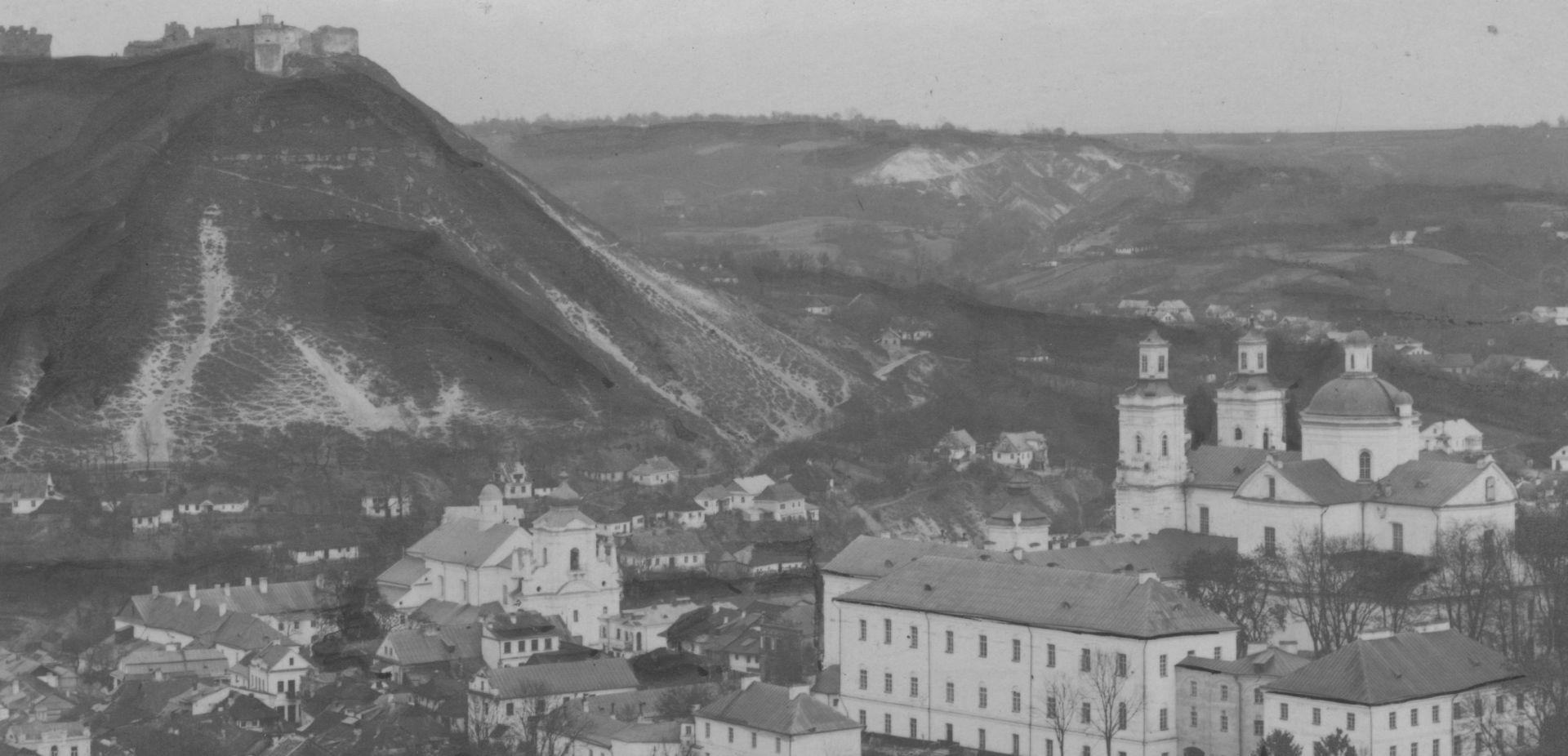
 SIGN UP TO OUR PAGE
SIGN UP TO OUR PAGE
 Prince Protector
Prince Protector 

